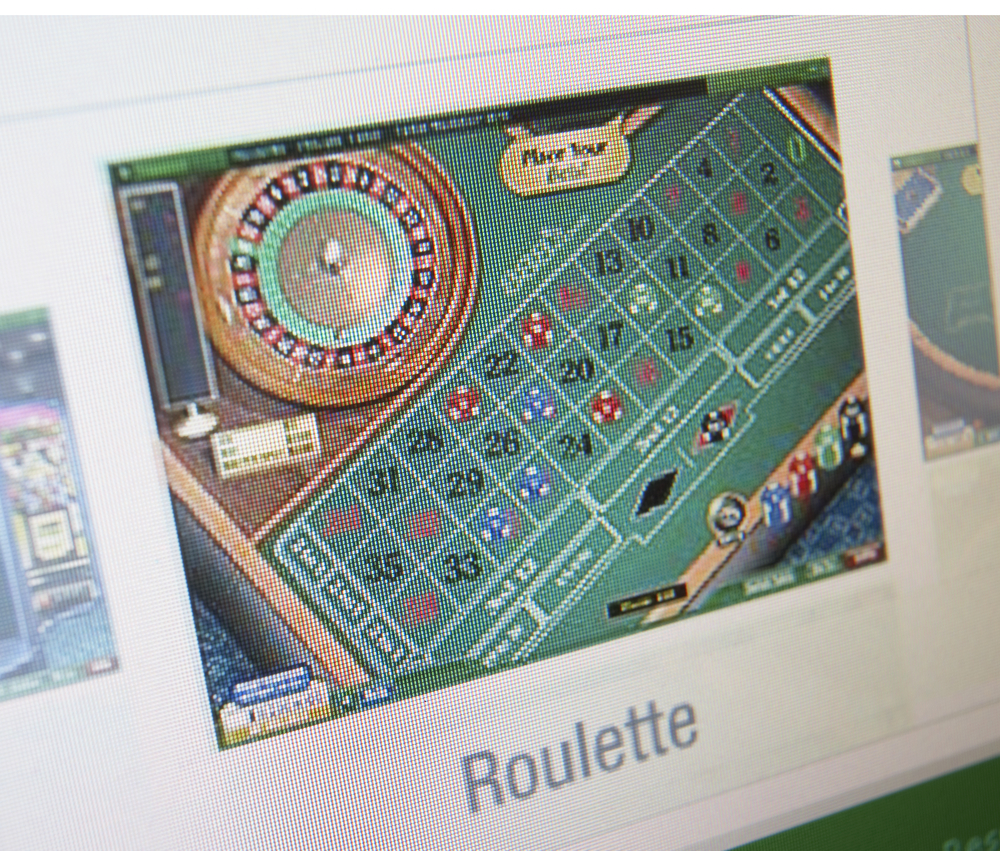The Relationship Among Casino Activities and Mathematical Concepts

Casino games have enthralled players for ages, pulling them into a realm of adventure, luck, and wealth. From the flashing lights of video slots to the strategic nature of card tables, these activities offer a special blend of fun and exposure. However, underneath the surface of this glitz and style lies a sophisticated connection of math that influences every outcome and action made within the gaming hall.
Grasping this link between gaming activities and mathematics not only enhances the gambling experience but may also help gamblers make knowledgeable decisions. Whether you are a recreational gambler or a dedicated enthusiast, recognizing the math concepts at play can give insightful insights into probability, odds, and strategies, ultimately influencing how one tackles these games of chance.
Mathematical Likelihood in Betting
In the sphere of casino activities, statistical probability plays a vital role in assessing results and informing gambler choices. Every game has a specific set of rules and a particular likelihood framework that affects its mechanics. For example, in games like the roulette wheel, players must grasp the probabilities of choosing a certain number or color. The probability of specific occurrences happening can be assessed, and this understanding can substantially affect betting strategies.
Players also need to be informed of the house advantage, which is the statistical advantage that gambling establishments hold over players in the long run. This advantage varies across various games. In blackjack, expert players can use strategies to reduce the house advantage to as little as 1 %, while in activities like slot machines, the casino edge can be significantly greater. Understanding the house edge allows gamblers to make educated choices about which activities to play and how much to bet.
Moreover, probability is essential in the principle of risk versus gain in betting. Every wager carries a certain danger factor, and players must consider the possible payout against that risk. Games like poker require gamblers to not only calculate the odds of their own hand winning but also to assess the probabilities of their rivals’ showings. By utilizing mathematical concepts to their gameplay, gamblers can enhance their chances of winning and participate more strategically in the thrilling world of gambling activities.
Anticipated Value in Gambling Games
When talking about gambling activities, one of the basic concepts rooted in mathematics is the expected value. This numerical metric assists gamblers understand the possible outcomes of their bets over time. In simple terms, expected worth (EV) determines the average amount a player can expect to win or suffer per bet if they were to play the game many times. Each game has its own EV, influenced by the odds and the casino advantage, which signifies the advantage that the gambling establishment holds.
For instance, consider a game like roulette. The anticipated value can be calculated based on the specific wager made. If a gambler bets on a single number, the payout is 35 to 1, but the true chances of success that wager are 1 in 37 (in European roulette). This results in a negative expected worth, indicating that, on the whole, players will incur a loss money over time when playing this type of wager. Understanding this concept allows players to make more educated decisions about which games and wagers may be more favorable.
Additionally, the exploration of anticipated worth can lead to improved money management. Players who comprehend the mathematics behind their activities are often able to set practical goals. xổ số 77WIN By recognizing their possible losses and profits, they can adjust their gambling strategies appropriately, which may enhance their total gaming experience overall. As a result, expected worth serves as a critical tool for both beginner and seasoned players to steer through the frequently volatile nature of gambling games.
Tactics and Probabilities: The Mathematics Behind Success
In casino games, comprehending the odds is crucial for players looking to maximize their chances of success. Each game has its own unique set of chances that establish winning performances, and these numbers are often found in the rules of the game rules or payout tables. For example, in games like 21, participants can enhance their odds through strategies such as counting cards, which relies on math principles to gain an upper hand over the casino. By familiarizing themselves with the odds, gamblers can make more informed decisions on when to wager and when to give up.
Additionally, the principle of expected outcome plays a major role in gambling strategies. Average outcome assesses the mean outcome of a stake over the long run, allowing gamblers to assess whether a certain bet is valuable taking. For example, fruit machines have a set payback percentage, which can show the typical payout a gambler can anticipate on their bets. By choosing activities with better payout percentages, gamblers can minimize the casino edge, boosting their possible rewards in the future.
Finally, successful players often utilize a mix of chance and math strategy to boost their gaming experience. 77win While chance is unpredictable, managing a wagering approach based on math insights can lead to more advantageous situations. By utilizing techniques such as budgeting and picking games, players can apply math to handle the random nature of gaming, making the most of their investments and money at the tables.
